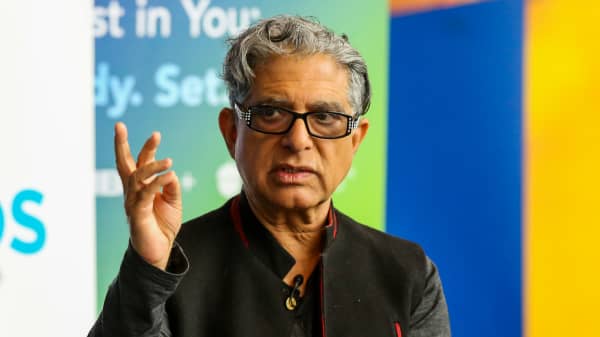As a young surgeon, I learned quickly to adapt to long periods of little sleep. Residency was a relentless rollercoaster of multi-day shifts, inconsistent schedules and overnights in the operating room. If a patient came in at 3 a.m. with an aortic aneurysm, I needed to be alert and ready to operate. If we received a call that a donor's heart and lungs were on the way, it required the discipline to dig deep for mental focus and the energy to help my patient whose life relied on the donated organs.
Sleep was a luxury and a reward for being a dedicated surgeon. Fortunately, the human body, especially when it's young, is incredibly good at adapting to unhealthy behaviors. However, even then, I could feel the impact not sleeping was having on all areas of my health. With sleep now universally accepted as one of the pillars of health along with diet and exercise, I've been dedicating more and more time to emphasizing the importance of sleep and its impact on our health.
Quite simply, not sleeping enough can kill us.
On the "Dr. Oz Show," we cover health topics that have wide appeal: weight loss, anti-aging tips, the importance of fitness and diet. While these topics are important to my audience, our research has shown that one issue experienced by nearly everyone at one time or another is fatigue and tiredness – and few people know what to do about it.
This nationwide (and global) tiredness dramatically affects so many areas of our life from work performance to safe driving, our overall wellness and even our relationships with colleagues and family. More concerning, life or death health problems like obesity and heart health are directly related to sleep.
There's no way to deny it: Sleep is one of the most important (yet least understood) health issues facing the nation.





